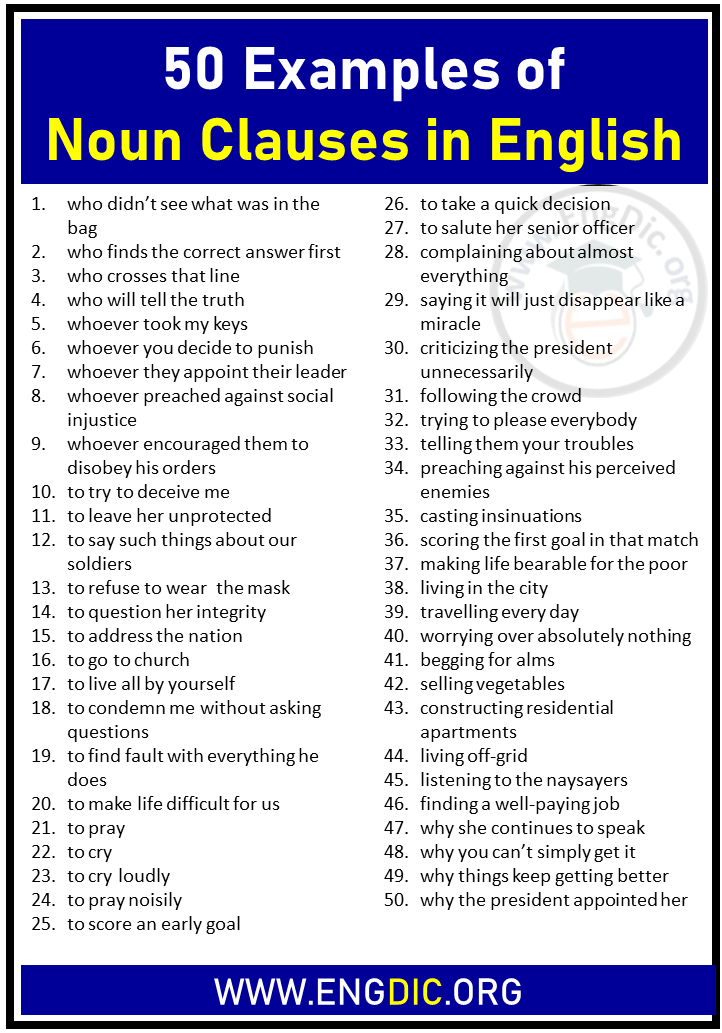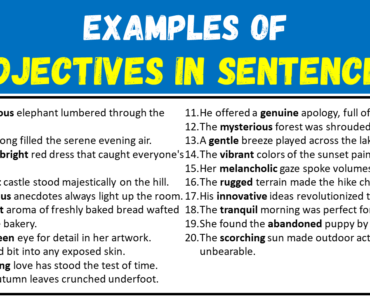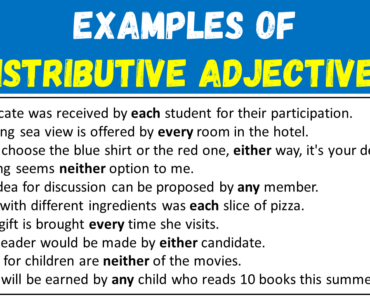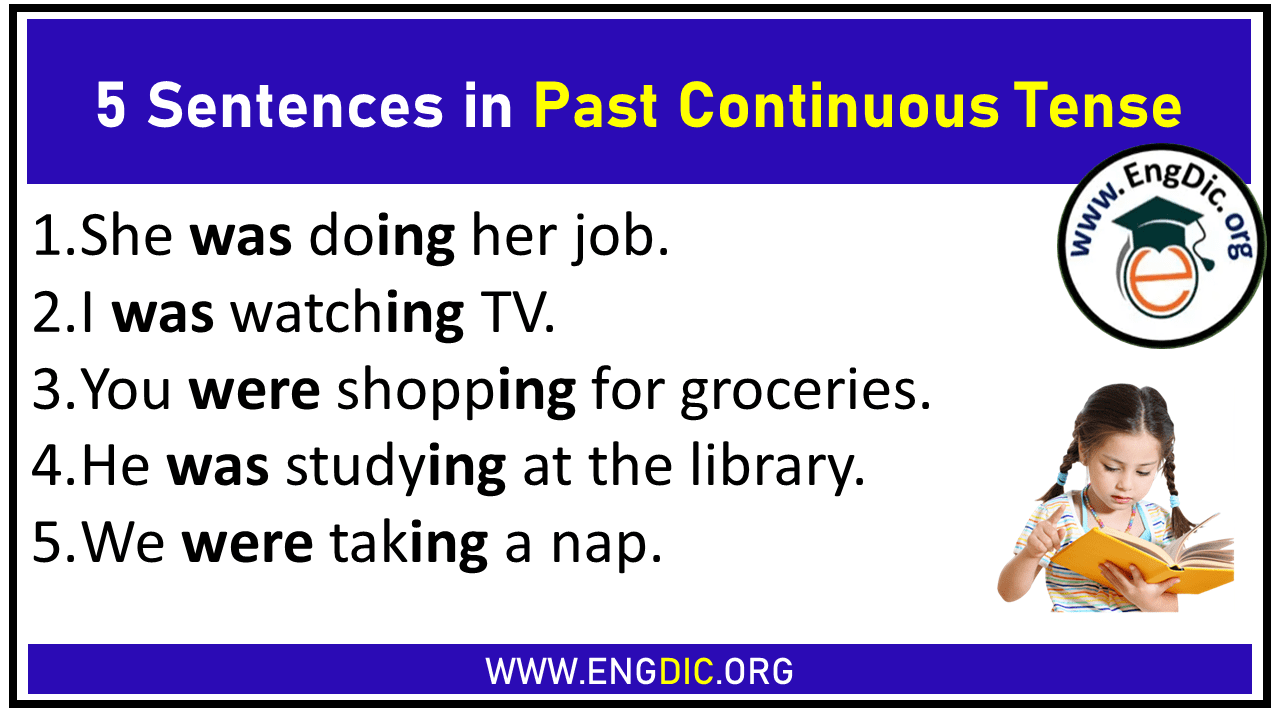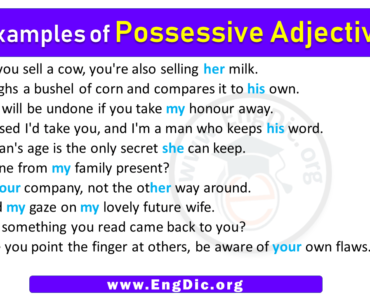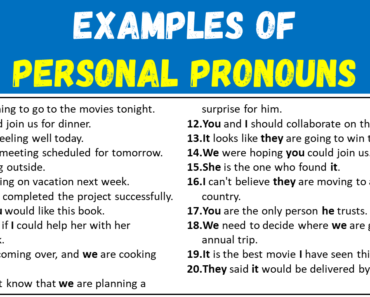Noun clauses are an important component of the English language. They can be used to provide additional details, ask questions, and make statements. A noun clause is a type of subordinate clause that acts as a noun in a sentence. It can act as a subject, object, or complement for the main clause. To help you become familiar with this type of clause, we have compiled 50 examples of noun clauses. Read on to learn more about each example and how it functions within the sentence.
Noun clauses often begin with words like “that,” “whether,” “if,” “what,” “who,” “whom,” “whose,” “when,” “where,” or “why.”
For example:
- I know that you are busy.
- Whether you come or not doesn’t matter to me.
- If he doesn’t arrive soon, we’ll have to start without him.
- What you said was very helpful.
In each of these examples, the noun clause acts as a single noun, serving a particular grammatical function in the sentence.
Types of Noun Clauses and Their Functions
There are several types of noun clauses that can be classified based on their functions in a sentence. Some common types of noun clauses are:
1. Subject Noun Clauses:
These noun clauses act as the subject of a sentence. For example:
- What he said was very interesting.
- How she got here is a mystery.
2. Object Noun Clauses:
These noun clauses act as the object of a verb or preposition in a sentence. For example:
- She asked whether we wanted to go.
- I don’t know what he is thinking.
- He is aware of who stole his bike.
3. Complement Noun Clauses:
These noun clauses act as the complement of a linking verb (e.g., be, seem, become) in a sentence. For example:
- Her main goal is to become a doctor.
- The problem was that the plane was delayed.
4. Appositive Noun Clauses:
These noun clauses act as an appositive, which means they rename or explain the noun that comes before them. For example:
- My goal, to travel the world, requires a lot of planning.
- The fact, that she speaks six languages, impressed the interviewer.
5. Object of a Preposition Noun Clauses:
These noun clauses act as the object of a preposition in a sentence. For example:
- She gave me a book that she had written.
- He was angry because he had missed the train.
6. Adverbial Noun Clauses:
These noun clauses function as an adverb in a sentence, modifying the verb by providing information such as time, place, reason, manner, condition, or contrast. For example:
- We will go to the beach when the weather improves.
- She cried as if her heart was broken.
- He stayed home because he was sick.
- She speaks English as fluently as her native language.
- I will only buy the car if it has low mileage.
- He walks slowly in contrast to his brother who runs fast.
7. Nominal Relative Clauses:
These noun clauses are introduced by relative pronouns (e.g., who, whom, whose, that, which) and function as a noun in a relative clause, which modifies a noun or pronoun in the main clause. For example:
- The book that he recommended is very interesting.
- The girl who won the contest was very talented.
- The movie which we saw last night was very boring.
These are some of the most common types of noun clauses, and understanding their functions can help you use them effectively in your writing and speaking.
How To Identify Noun Clause?
Here are some ways to identify a noun clause:
- It starts with a subordinate conjunction or a relative pronoun: Noun clauses are introduced by subordinate conjunctions such as that, whether, if, how, why, where, when, or by relative pronouns such as who, whom, whose, which, or that.
Example:
- I don’t know why he left.
- It acts as a subject, object, or complement in a sentence: Noun clauses can take the place of a noun and perform the same grammatical functions in a sentence, such as a subject, direct object, indirect object, or object of a preposition.
Example:
- What he said made me angry. (subject)
- She asked me what time it was. (direct object)
- He gave whoever answered the door a tip. (indirect object)
- I am certain that he is telling the truth. (compliment)
50 Examples of Noun Clauses
Here are 50 examples of noun clauses, with the noun clauses marked in bold:
- I believe that honesty is the best policy.
- She is aware that the deadline is approaching.
- They suggested what we should do next.
- He doesn’t know whether he should accept the job offer.
- She wondered if the train would arrive on time.
- The teacher asked who had completed the assignment.
- She can’t recall where she left her keys.
- He admitted that he had made a mistake.
- It is essential that you follow the instructions carefully.
- We are unsure whether the event will be held outdoors.
- She didn’t mention when she would return.
- The issue is whether they will be able to finish the project on time.
- They didn’t understand why she was so upset.
- He explained how the machine worked.
- She appreciated that he had helped her.
- They discovered that the treasure was buried nearby.
- We will decide where to go on vacation.
- She couldn’t believe that he had won the lottery.
- He asked what time the meeting would start.
- They wondered how many people would attend the event.
- She wanted to know which book she should read first.
- He was uncertain if the store would be open.
- She argued that the government should invest more in education.
- They hoped that it wouldn’t rain on their wedding day.
- It is important that everyone arrives on time.
- The question is whether they can complete the task.
- They were unsure what to do in that situation.
- He said that the movie was fantastic.
- She asked whether he would like to join them for dinner.
- The teacher wanted to know how many students had studied for the test.
- He was surprised that she had called him.
- She realized that it was time to leave.
- They discussed what they would do if they won the lottery.
- He couldn’t remember where he had parked his car.
- The boss demanded that the report be finished by the end of the day.
- She wondered if she should call him.
- They asked how much it would cost to rent the venue.
- He explained why he was late.
- She inquired when the next bus would arrive.
- He was unsure which path to take.
- She decided that it was time to start a new chapter in her life.
- They worried that they wouldn’t make it to the airport on time.
- He realized that he had left his wallet at home.
- They discussed whether they should move to a different city.
- She considered whether to accept the promotion.
- The teacher asked who would like to answer the question.
- He asked what her favorite color was.
- She wondered how many people lived in the city.
- They tried to find out where the noise was coming from.
- He was curious if they had seen the latest movie.
Related:
